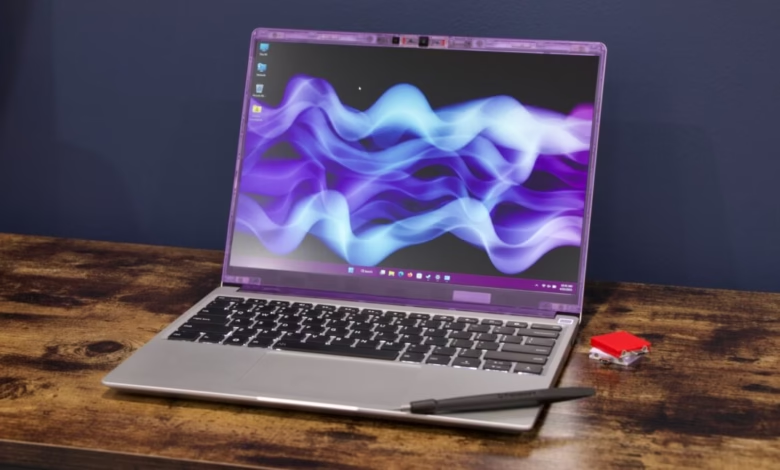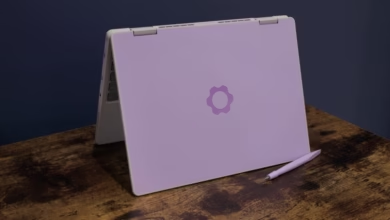Framework’s Latest Software Updates for Repairable Laptops

▼ Summary
– Framework has focused on modular, repairable laptops but faced challenges with software support, including delayed BIOS and driver updates.
– As of April 2024, older Framework Laptop 13 models lacked updates, with Windows 11 still in beta and Linux support lagging.
– CEO Nirav Patel acknowledged the issues, citing reliance on Intel/AMD and a small team, but promised improvements via a dedicated Compal team.
– By mid-2025, Framework had made progress, with all laptops receiving at least one BIOS/driver update in the past year.
– Most models saw updates in 2025, with driver packages for newer models (Core Ultra and AMD) being more recent.
Framework has significantly improved its software support for repairable laptops, addressing previous concerns about delayed BIOS and driver updates. The company, known for its modular and upgradeable laptop designs, faced criticism in early 2024 for inconsistent software maintenance across its product lineup. Now, recent developments show a marked turnaround in update frequency and reliability.
When examined last year, several iterations of the Framework Laptop 13 had gone extended periods without critical firmware or driver patches. Early models still lacked full Windows 11 compatibility, and Linux support remained inconsistent. CEO Nirav Patel acknowledged these challenges, citing the company’s reliance on third-party chip manufacturers and limited internal resources. However, he assured users that a dedicated team was being assembled to streamline updates.
That commitment appears to have paid off. As of mid-2025, every Framework laptop model has received at least one BIOS and driver update within the past year. A review of the company’s support page reveals consistent improvements, with most devices seeing firmware refreshes in 2025. While driver packages occasionally lag behind, even the oldest versions have been updated within the last 12 months.
The shift reflects Framework’s collaboration with Compal, its manufacturing partner, which now houses a specialized team focused on software maintenance. This group ensures that older devices remain supported alongside newer releases, preventing the neglect seen in earlier years. User forums highlight the progress, with recent BIOS updates addressing performance optimizations, security patches, and compatibility fixes.
For consumers invested in sustainable, repairable tech, these developments reinforce Framework’s long-term viability. The company’s ability to deliver on its software promises strengthens its position in a market dominated by disposable electronics. While delays occasionally occur, the structured update cycle demonstrates a commitment to keeping devices functional far beyond their initial release.
The improvements also extend to Linux users, with better driver support and firmware stability. Early adopters of Framework’s AMD and Intel Core Ultra models report smoother experiences, thanks to timely patches. As the company expands its product range, maintaining this momentum will be crucial, but for now, the outlook is promising.
Hardware longevity means little without software support, and Framework’s recent efforts prove it understands that balance. By prioritizing updates across its entire catalog, the brand sets a benchmark for repairable technology, one that competitors may soon need to match.
(Source: Ars Technica)


